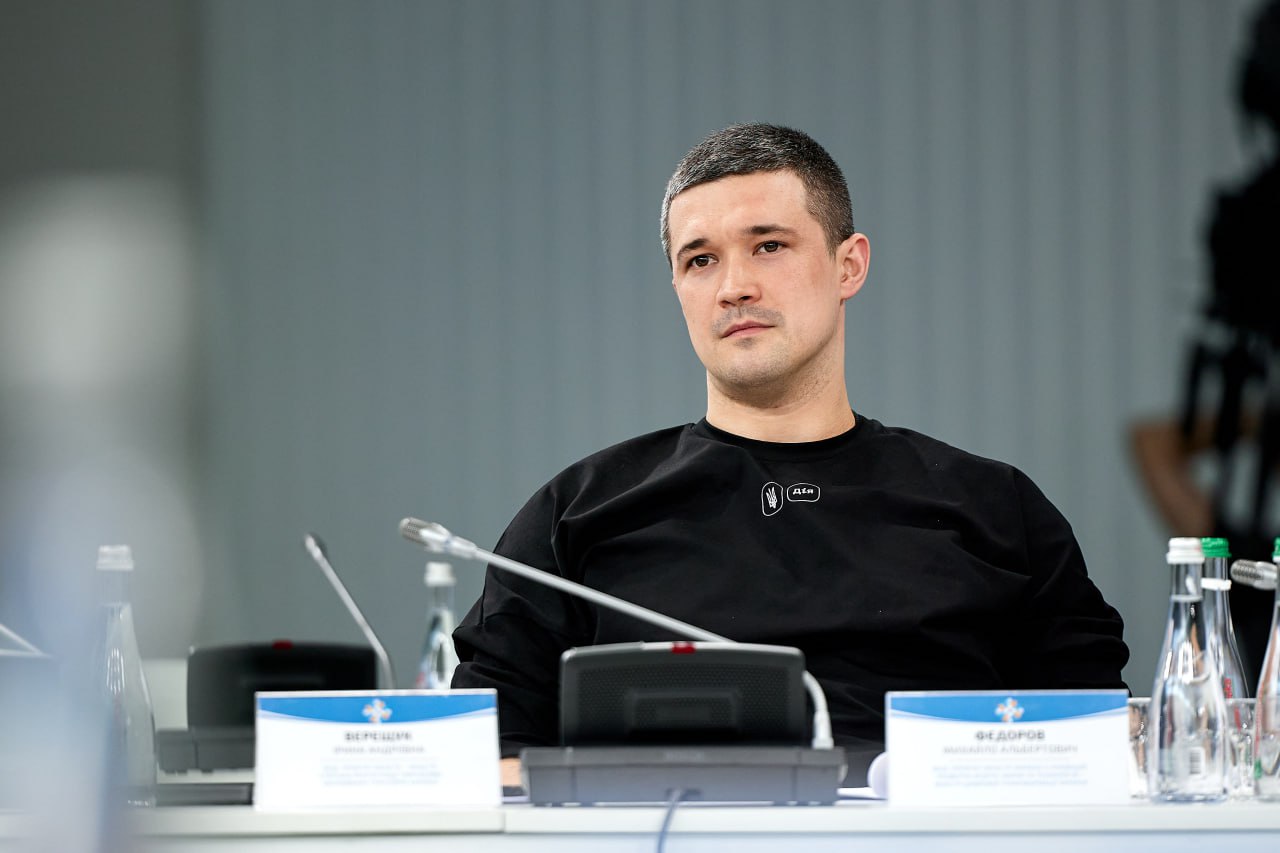The Cabinet of Ministers has approved changes to radio frequency regulations enabling 5G testing in three Ukrainian cities, Digital Transformation Minister Mykhailo Fedorov said on 1 November.
Accoridgn to Fedorov, during the pilot project, Ukraine will verify the technology’s compatibility with military equipment.
Fifth-generation (5G) cellular technology began to be rolled out worldwide in 2019. It promises more bandwidth and much faster data transmission speeds than 4G.
According to the minister, the pilot program will run for two years in two phases, during which the National Commission for State Regulation of Electronic Communications and the Ukrainian State Center of Radio Frequencies will verify that 5G equipment does not interfere with military networks.
Fedorov points out that 5G can transmit data ten times faster than 4G, creating new opportunities for high-speed information exchange. The government plans to complete the nationwide 5G rollout by 2030.
The regulatory changes also provide more flexibility for operators, allowing 2100 MHz frequencies for 2G or 4G technologies, not just 3G.
The cessation of 694-862 MHz frequencies for analog and digital television will free up bandwidth for mobile communications.
“We are working on ensuring quality communications despite the full-scale war,” Fedorov said.
G5 technology requires denser antenna deployment due to its average 1.6-kilometer range and limited penetration through certain building materials.
As of April 2019, 224 operators in 88 countries had begun 5G deployment.
Read also:
- Russian drone strikes across six districts in Kyiv ignite fire in high-rises, damage civilian homes
- Pyongyang pledges loyalty to Russia “until victory” over Ukraine
- BI: Russia retakes territories in Kursk Oblast, but extended push into Ukraine’s strongholds may stall




